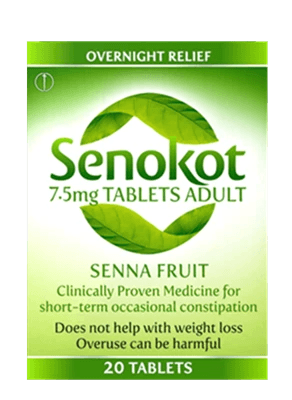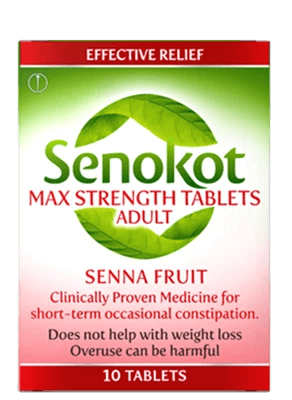Constipation is one of the main symptoms associated with IBS and those that suffer on a regular or long-term basis are known to have ‘IBS-C’ or ‘Constipation-predominant IBS’. It is important to note that many people with IBS can suffer from both constipation and diarrhoea.
Following a diagnosis from your healthcare professional, it is worth discussing your treatment options with them.
Constipation means different things to different people – even doctors. It is usually defined as hard pellet-like stools, but you may consider yourself to have constipation if you have:
- Infrequent stools
- Difficulty or straining to pass stools
- A feeling of being unable to completely empty your bowels or the sensation of wanting to go but not being able to
As well as these bowel related symptoms, constipation can also be associated with abdominal pain, bloating and/or gas, feeling sluggish.


















